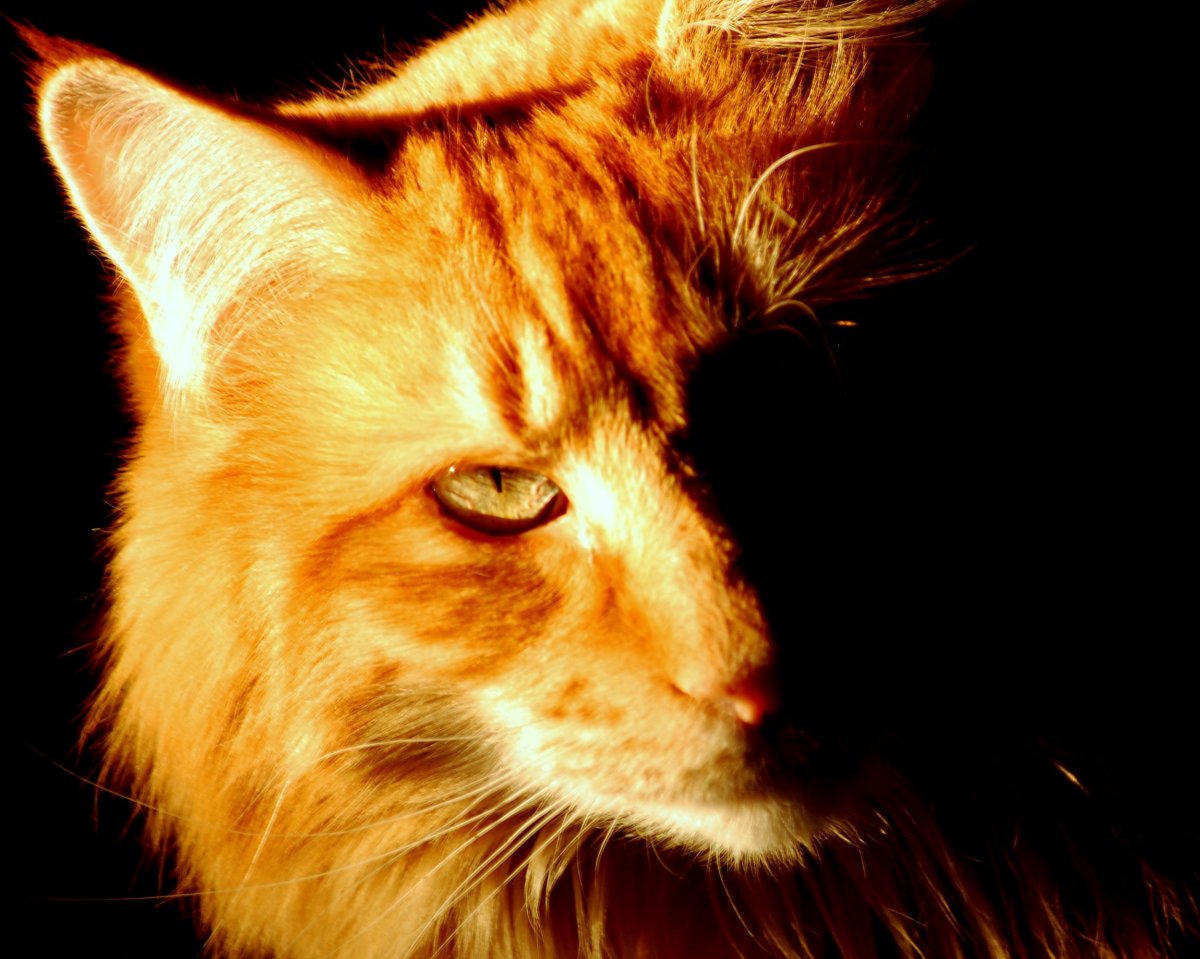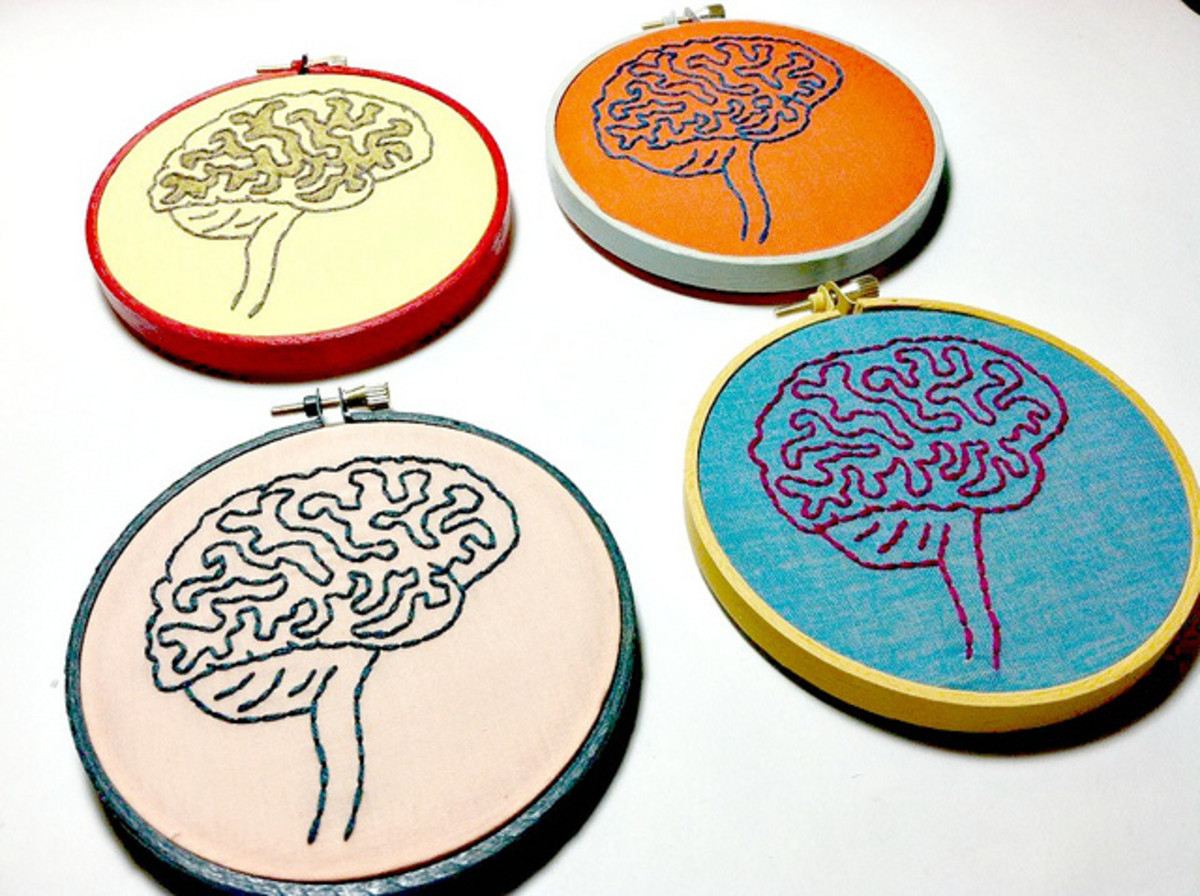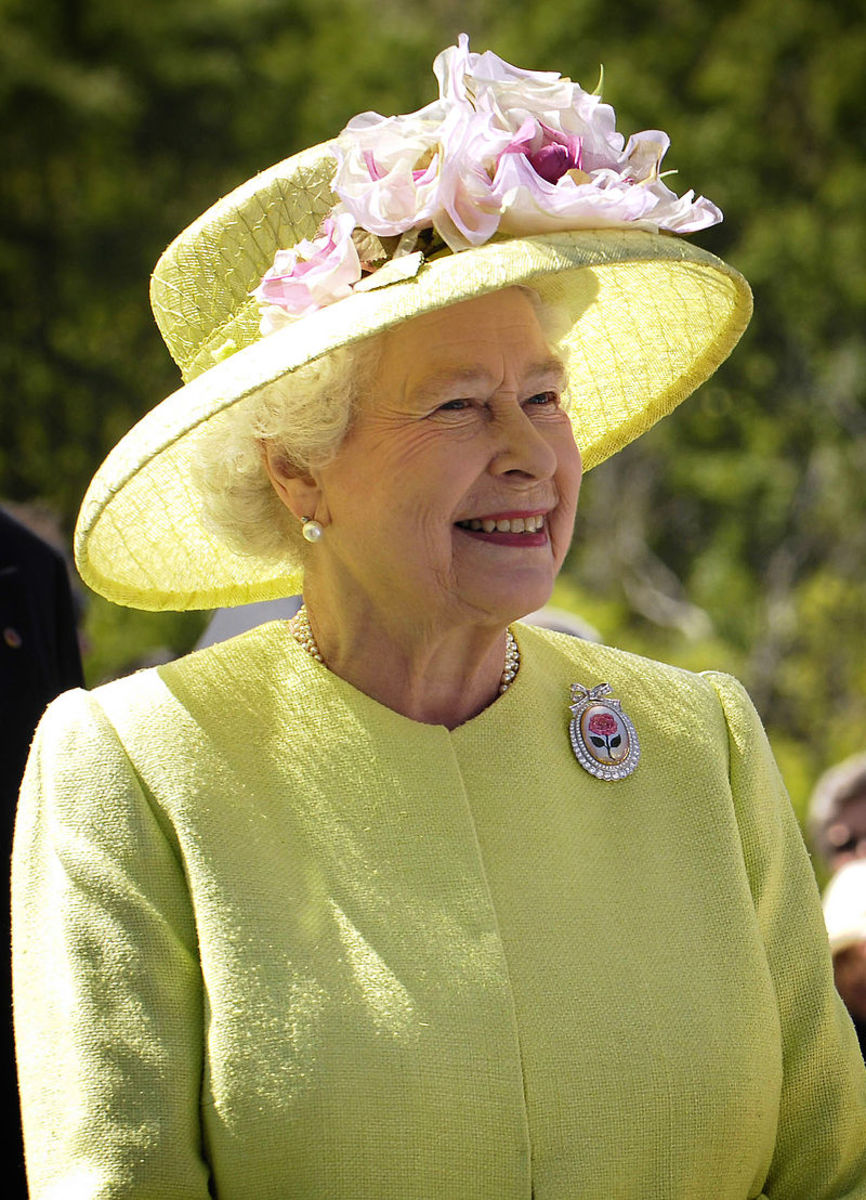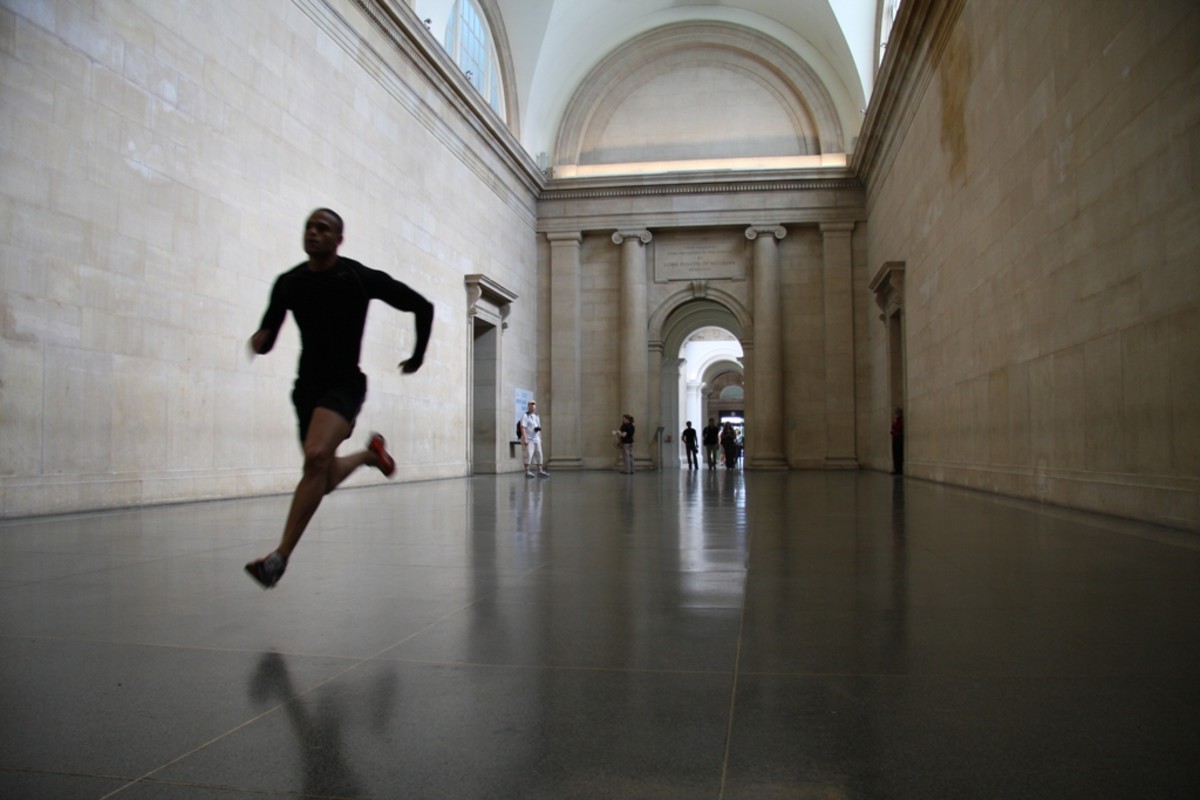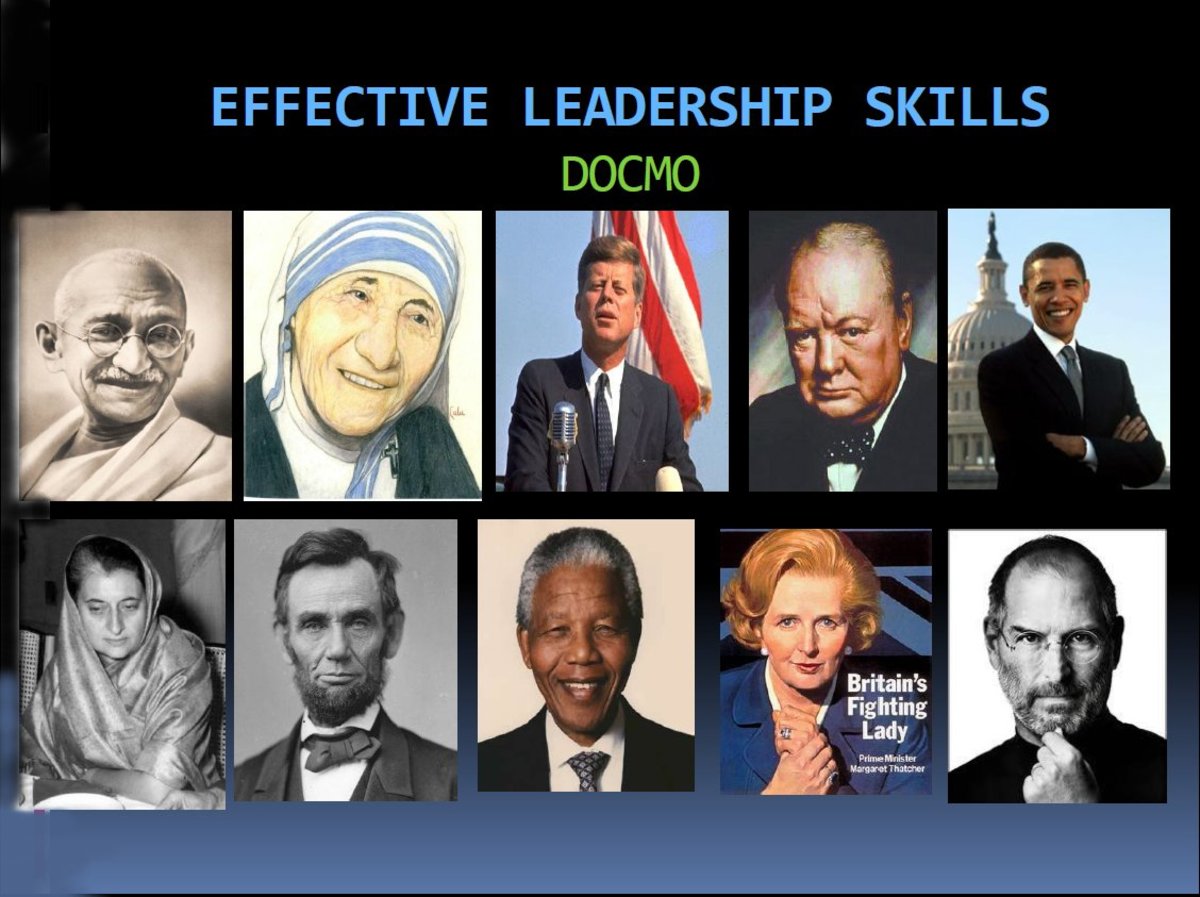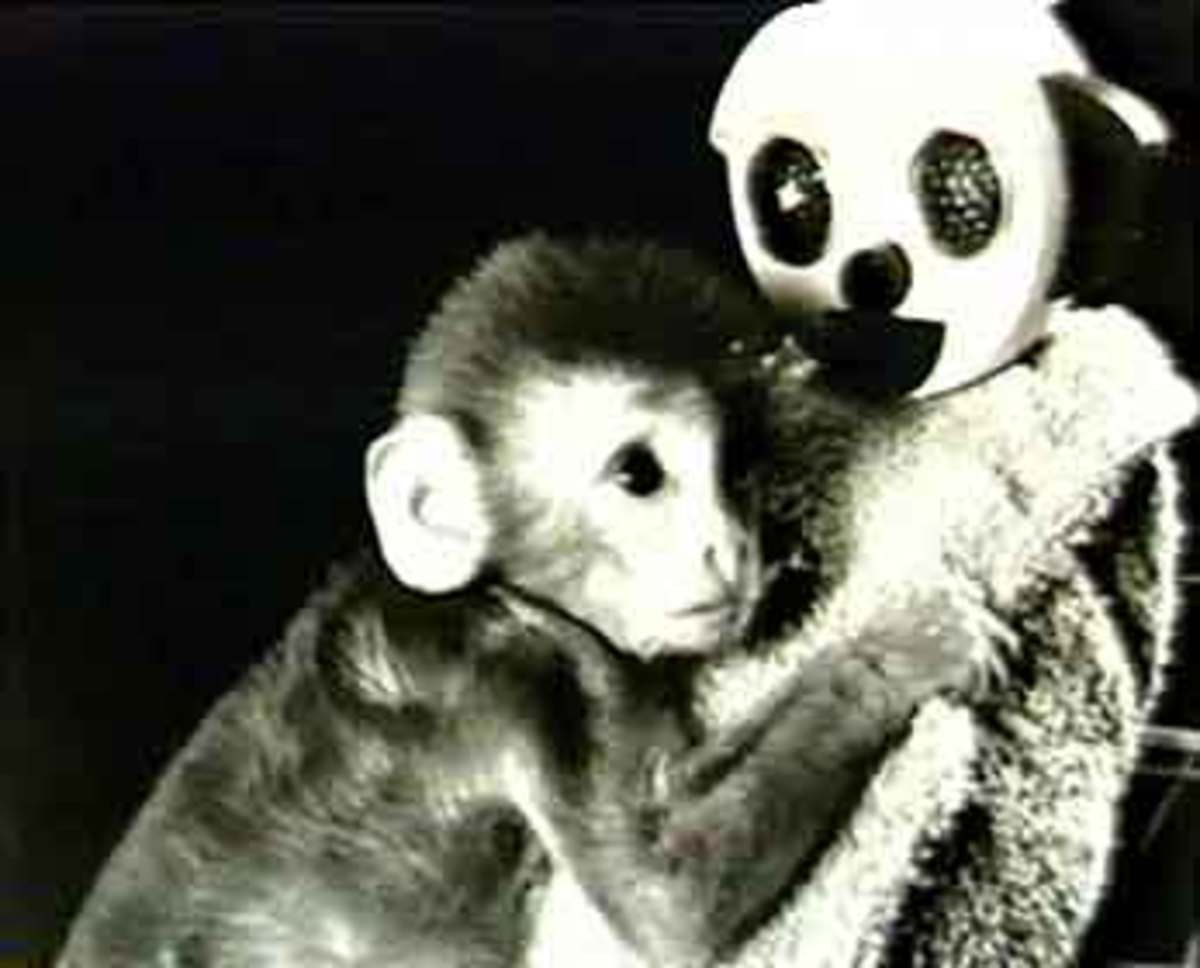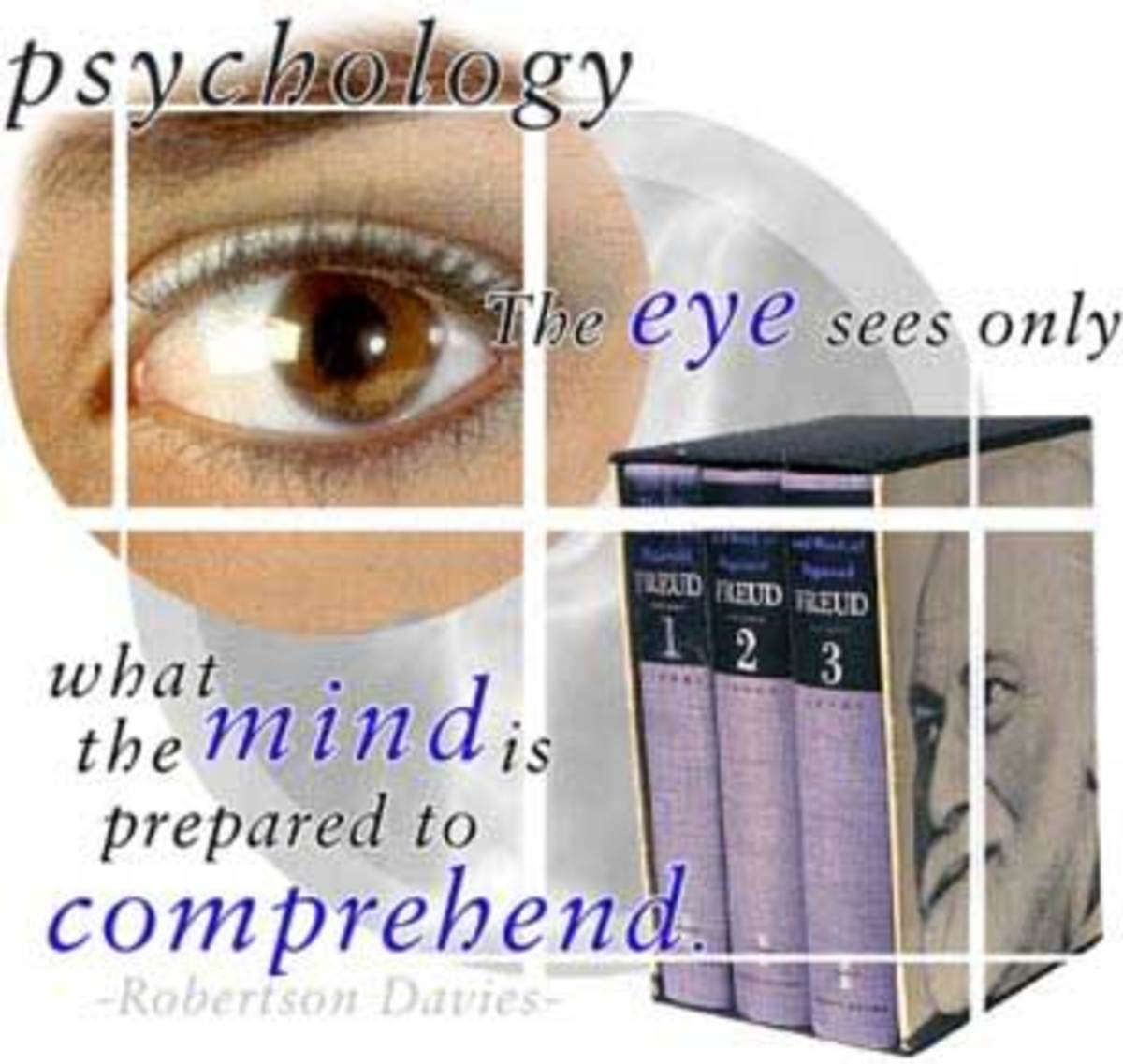Personality Type: Myers-Briggs ENFP Type

Good Day kabilano and thank you very much for this question!
I would be very delighted to write about the ENFP type. Your niece is an extroverted, intuitive, feeling, perceiver. This is a subject I happen to be interested in, as I am a INFJ (introverted, intuitive, feeling, judge) myself. But let's get back to your niece.
The Myers-Briggs system recognizes sixteen personality types. These are derived by answers to four questions about how you interact with the world and yourself. These questions are:
- Where do you place most of your energy: the inner world (I) introvert or the outer world (E) extrovert?
- What type of information do you naturally notice: internal, subtle, broad implications (N) intuitive or cold hard facts, those things observable by the five senses (S) sensor?
- How do you most often tend to make decisions: based on how you personally feel about the matter (F) feeler or based on impersonal logic (T)?
- How do you prefer to live your life: in a more structured way (J) judger or in a more open, spontaneous way, constantly adapting and keeping options open (P) perceiver?
Note: I'm just speculating here but please indulge the slight diversion. By the way, that is also a characteristic of intuitives (N) such as myself and your niece, kabilano. We tend to relate information is something of a roundabout way, rather than in the more linear, direct way that a sensor (S) does.
I wanted to draw your attention to the photo I used in this hub. The attractive female bodybuilder has nothing (and I mean nothing) to do with the subject at hand in this hub -- not unless she, whoever she is, happens to be an ENFP (but it was my understanding that athletes tend to be ESTPs). But anyway, why, then, did I use this photo?
Precisely because it has nothing to do with anything in this hub. I often give myself permission to be wildly incongruent with respect to the creative layout of my hubs. I like messing with people's internal feng shui. And I like to zag when people are looking for me to zig, as it were.
Drum roll please. Here come the point. I believe my quirkiness in this area flows from the (NF) intuitive feeling component of my personality. The N part cause me to focus on what could be more than what is; and the F part of my personality causes me to tend to rely more on my personal feelings in making decisions. So, taken together, one direction which my personality guides me is quirkiness, of the kind I just mentioned, for example.
You, kabilano, may have noticed similar tendencies in your niece, also an NF intuitive feeler. She, your niece, being an E extrovert would make more of the dimensions of her personality more publicly apparent, than I, an (I) introvert, who tend to keep aspects of our personality in "reserve." Maybe. Maybe not. Just speculating. Let's get back to what we know.
How do the four components of personality function?
Before we talk about the ENFP specifically, we should say a word about how the four components of personality work.
First
There are four basic ideas to keep in mind about personality type.
1. All sixteen personality types are of equal value. No one is better or more desirable than any other.
2. When we talk about the four components of personality: Extroversion versus Introversion; Intuition (I) versus Sensing (S); Thinking (T) versus Feeling (F) [by the way this division is not meant to suggest that the Thinker is rational and the Feeler is somehow irrational. Not at all, both are use different but equally valid and rational criteria in making decisions]; and Judging (J) versus Perceiving (P) ------- we are talking about dominant tendencies; those factors are not absolute values!
That is to say, no one is 100% anything. There are times when the extrovert may behave in an introverted fashion, and vice versa. The Sensor is perfectly capable of perceiving implications and hidden meanings and the Intuitive is perfectly capable of taking in information through the five senses and dealing with the "here and now." The Feeler is perfectly capable of confining her decisions to impersonal data and logical analysis and assessment; and the Thinker is perfectly capable of "having a heart." The Judger (J) [and by the way, this does not mean judgmental!] who prefers to arrange things in a highly structured way is nevertheless capable of playing it "loosey goosey" when the situation warrant; and the Perceiver (P) who prefers to "keep [her] all options open," can organize activity in a more structured way when she feels she must.
We are talking about the things each personality type is more comfortable doing.
3. People of the same personality type are not all "created equal," as it were. That is to say, all ENFPs are not the same. Many different factors in a person's life can affect the way the ENFP type (and any other type) is expressed and which characterisitics are more or less well developed: family background (social class, types of opportunities available), geographical region of origin, nationality (for example, we know that there are some societies in this world that actually value Introversion over Extroversion -- but America is a very Extroverted country, and I think even birth order might affect the expression of personality type. So an ENFP who is a third child might be strikingly different from an ENFP who is a first child. And I'm sure there are other factors I can't think of right now.
4. Personality type does not change. The basic personality type one is born with remains the same over her lifetime. What we sometimes mistake for (fundamental) "change" is actually the normal human process by which we "broaden our horizons."
All personality types have inherent strengths and weaknesses. The weaknesses result, largely, from the natural human tendency to over-rely on our strengths, and apply them to the wrong situations at the wrong time. An extrovert may tend to be too extroverted at times, at the expense of the need to be more reflective and focused in certain situations. An introvert can be too introverted at times, at the expense of the real need to reach out to family and friends and let them know what's going on with you and what you need, and grasping the needs of others better. And so on and so forth. One "changes" when one gets these factors more in balance, and that usually happens with time, as we grow older.
Also we might "change" by taking on interests that are more commonly associated with the opposite personality factor. For example, an intuitive person interested in literature and other artistic and intellectual pursuits more associated with intuition, may develop an interest, later in life, in more physically tactile activities like sculpture or gardening, activities associated with Sensing (S). And so on and so forth. The factors can become more balanced over time, but the basic personality template always remains the same.
Extroversion (E) versus Introversion (I)
This has to do with where someone spends the bulk of her energy. It may be in the inner world,Introversion (I) or the outer world (E). Extroverts are gregarious, enjoy being in the crowd, and are refreshed by being with people. There "batteries are recharged" when they get around the crowd; and it is just opposite with the Introvert (I) who is recharged by spending time alone. Extroverts have many friends and meet new people easily. They have a wide range of friends and interests, and tend to be able to do many things well.
Introverts tend to be more concentrated in the number of people they associate with and their range of interests; and they have fewer interests than extroverts, but focus on them with more intensity. The gift of the extrovert is breadth and the gift of the introvert is depth.
Intuitive (I) versus Sensing
The intuitive is more attuned to implications, subtleties and nuances; more attuned, if you like, to the unseen and unspoken. The Sensor is more attuned to facts, data, what is observable through the five senses. Intuitives are more future oriented, they like to focus on the way life could be rather than what life is. Sensors are the exact opposite, their focus is on "reality" rather than what some of them might consider "fantasy."
Thinking (T) versus Feeling (F)
This has to do with how people make decisions. The Thinker (T) uses impersonal data and dispassionate logical analysis. This person makes decisions based on what seems to be objectively correct. The Feeler (F) makes decisions based more on how they will affect other people (and this is not to say that the Thinker (T) is insensitive -- the Thinker is simply motivated more by a desire to see "justice" done); the feeler is a bit more concerned with harmony rather than justice.
Judging (J) versus Perceiving (P)
This has to do with how a person like to live her life. The Judger (J) is more structured and organized in her approach. This kind of person like regularity and predictability; she likes to know what she's getting into when it comes to new situations. This is the kind of person, who, if you ask her to go to a party, is likely to be the one who asks "Whose going to be there?" And so on. The Perceiver (P) enjoys "winging it," constantly adapting to new situations and circumstances. This person will seek out the new and is eager for new experiences and adventures.
Uh, one more thing, as Columbo used to say
There is more we can say about this, but we'll only say one more thing. Every personality type has a hierarchy of four functions having to do with how you take in information, either sensing or intuition; and how you make decisions, either thinking and feeling. These are the two cognitive functions of one's personality type. This hierarchy has to do with how the elements of the personality type react with and against, and work in concert with each other.
Obviously we're not going to go through all sixteen. You, kabilano, are asking about your niece. So here goes. The hierarchy of functions for an ENFP is
1) Intuition
2) Feeling
3) Thinking
4) Sensing
The first and second functions, are your niece's dominant and auxiliary functions. These are the functions she performs best. Three and four are the functions she performs least well. By the way, the relative position of this hierarchy, as well as basic personality type, remains the same. Of course Intuition is the function your niece performs the best and that means she is a dominant intuitive. Intuition structures her entire cognitive engagement with the world. The feeling, sensing, and thinking are, for her, all filtered through her intuition.
So, kabilano, your niece is an ENFP, an extroverted, intuitive, feeling, perceiver. This means she is an outwardly-focused, gregarious, future-oriented, interested in possibilities rather than conventional realities, person who prefers to make decisions based on her personal feelings with a concern for harmony over justice, who likes to live in a more open, spontaneous manner rather than in a structured paradigm. On top of all of this, kabilano, remember that she is a dominant intuitive.
Ta-Ta!
Work Cited
Tieger, Paul D. & Barron-Tieger, Barbara. Do What You Are: Discover the Perfect Career for You Through the Secrets of Personality Type. (Revised & Updated Edition Featuring E-Careers for the 21st Century). Little, Brown, and Company. Boston, London, New York. 2001.

